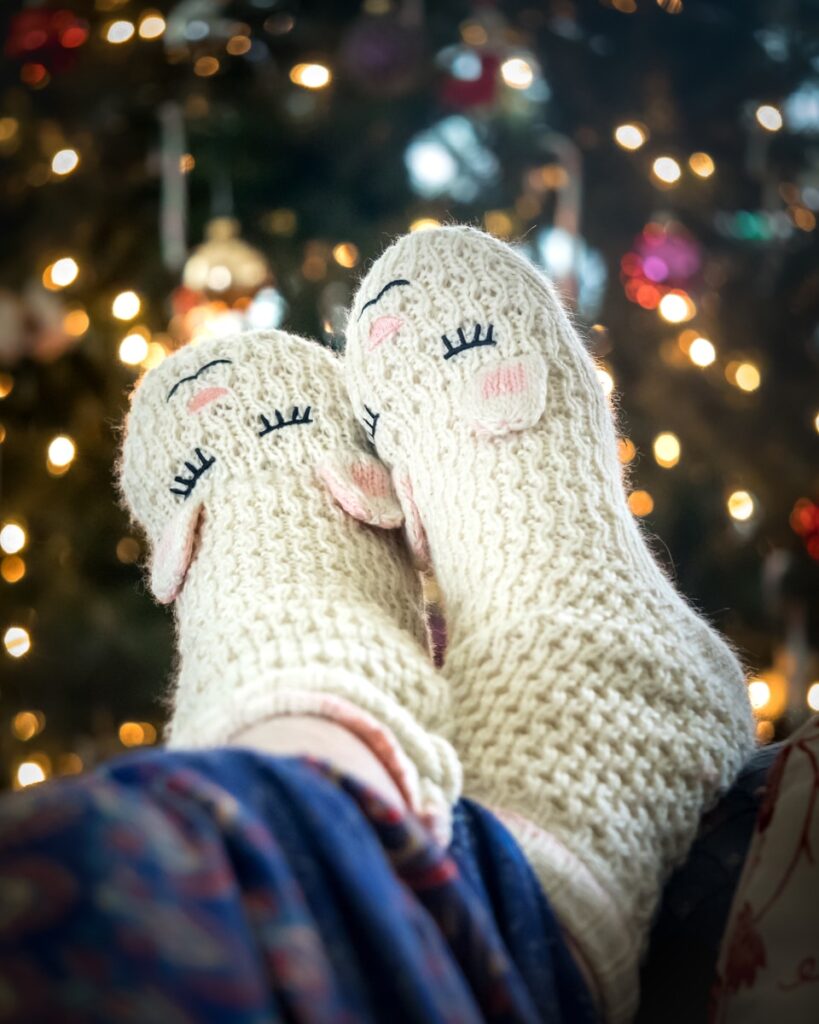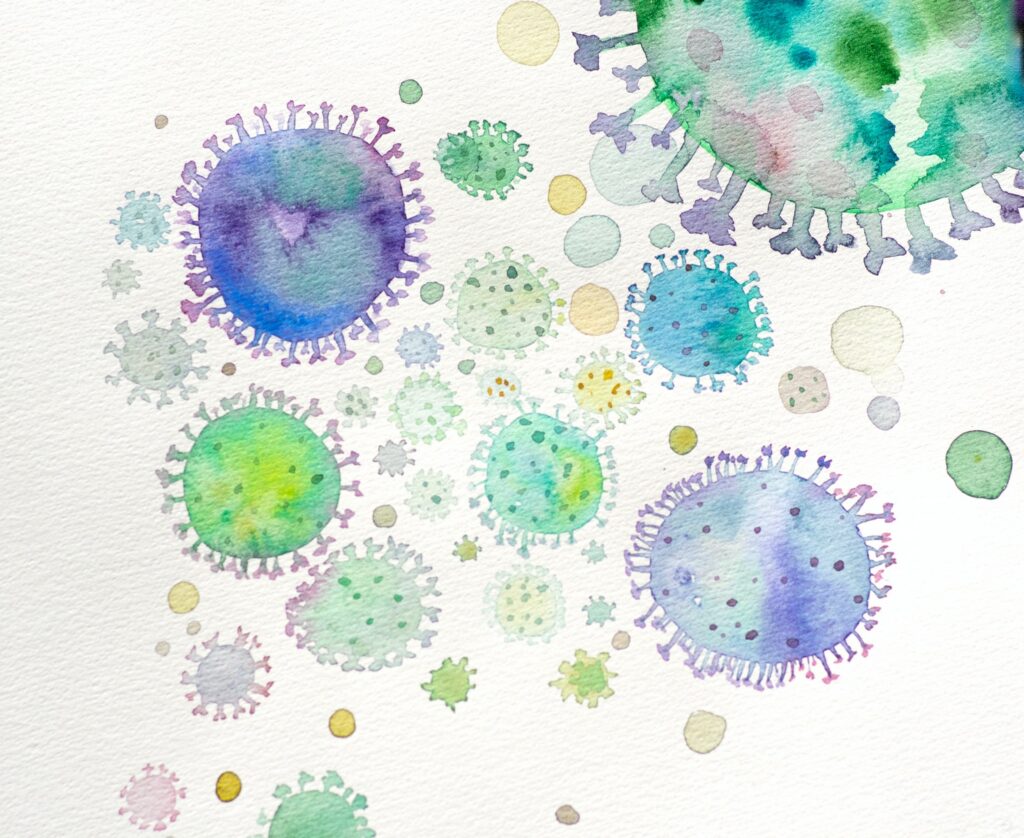Lung Yang deficiency is not often described in the literature. That’s because it’s not really very different to Lung Qi deficiency in both symptoms and methods of treatment.
However, there is a difference of emphasis because being yang deficient there is a lack of warmth and of regulating other Lung functions.
Yang type energy is warming, moving and controlling, so when you have deficient yang conditions you get absence of warming and healthy movement, and absence of controlling. (Actually, yang is much more than just warming, moving and controlling: it’s destructive and creative and far more besides. Read more about this under yin and yang.)
Let’s look at Lung functions and see how this might work when you have Lung Yang deficiency.
NB Some examples come under several headings so you’ll see them repeated. Remember, quite a few of these symptoms also occur with Lung qi deficiency. Also, you may find that some symptoms or signs occur under unexpected headings, but Chinese medicine works with ideas and symbols and so symptoms can relate to an idea and several aspects of an idea.
Qi and Breathing
With Lung Yang deficiency you might get:
- Poor breathing habits, either because never taught how to breathe, or never taken much exercise that required deep inhalation, or from poor posture
- Tight chest or wheezing – mainly when chilled, or in cold air – including air-conditioning
- Weak voice when tired or cold, or trying to talk loudly or for too long (“My phone was ringing so I picked it up and said, “Who’s speaking please?”. And a voice said, “Your are.” Tim Vine)
- Shortness of breath on exertion, eg climbing or ascending steps
- Inability to control breathing or take deep breaths to calm yourself when cross, anxious or cold
- Pulse. As yang includes qi, when yang is low, so often too is qi, meaning your metabolism under-functions, your pulse might be weaker (and possibly slower because Yang is deficient) and your strength lower
- Tongue is usually pale (because of lack of Yang which otherwise provides warmth and redness). Tongue coating will be moist and possibly pale. There may be no coating if there is also Stomach Cold.
- Yang deficiency also makes you less alert, less reactive to circumstances

- Desire for warm conditions and warmth, especially on your upper back, eg in the shower
- Low spirits; unable to cheer yourself up; gloomy outlook; can’t get inspired about anything. (‘The news is always bad, even when it sounds good.’ Aldous Huxley.) (‘The fluffy newborn chick of hope tumbles from the eggshell of life and splashes inthe hot frying pan of doom.’ Humphrey Lyttleton.)
Lungs control the acupuncture channels
So with weak Lung yang you may expect problems covered by where your acupuncture channels run, such as:
- General lack of strength
- Feeling Cold, both in yourself and in your extremities ie your hands and feet, but more likely your hands, especially thumbs and forefingers (Why? Because your Metal phase channels go there, meaning your Lung channel and your Large Intestine channel)
- Increased likelihood of sprains, strains and arthritic episodes in wrist and thumb, also medial knee and big toe joints (because channels connected to the Lungs go there): all more likely to be triggered in cold conditions. If yang is deficient, so may be Qi also, which means Qi cannot ‘lead’ the Blood, leading to Blood stasis in those locations: hence, arthritic-type problems.
- Movements may be erratic or trembling (though other syndromes also cause this). Steady breathing may improve this.
- Some of your actions could be inconsistent or unpredictable and happen because you don’t do your research properly, or because you take the action without adequate forethought.
- Erratic movements may include restless legs in the evening or in bed. There are other reasons for restless legs, however.
Lungs spread Qi and fluids
This spreading of Qi includes defending your body, especially your lung organs and your skin against passing infections, (the Chinese medical term is wei qi)
With Lung yang deficiency:
- Muscles feel cold and don’t warm up quickly
- You may feel not just cold but catch more colds and other respiratory infections, coughs and flu (yes, Covid-19 too)

- Lung Yang warms Lung Qi, and ‘Qi is the Master of Blood, so if Qi moves, Blood moves’: so with Lung Yang deficiency, Blood flows less smoothly. This can lead on to symptoms of Blood Stasis (big subject, click on the link.)
- You may get respiratory diseases even though you didn’t sneeze much or at all before they developed. In other words, the disease seems to bypass your nose and go straight to your lungs.
- Your skin pores may open when they shouldn’t, meaning your skin is often clammy even if you’re cold, or you perspire when it isn’t hot
- Oedema builds up, even though your kidneys work well. Such oedema could occur first in upper parts, eg your face (especially under your eyes) could look a bit bloated after sleep
- You need to urinate more in cold weather (but other syndromes also cause this)
Lung Yang deficiency leads to more mucus
- Build-up of nasal mucus, also throat mucus, worse in the cold
- Saliva and nasal mucus may increase when, being tired, you eat, especially if you over-eat, or eat cold foods or drink cold liquids
- Your nose is often cold.
- Throat problems include increased mucus and/or a feeling of a lump or ‘frog’ in your throat, worse when you are stressed. For some this ‘frog’ is more like a taut pulling on the back of your throat. (You can generate something like this tight feeling in your throat with your mouth closed by drawing your lower jaw backwards)
- Poor self-assertiveness. Not good at, or used to, defending yourself.
Lung Yang (and Qi) have a descending function
So when Lung Yang is deficient, this descending works less well, for example:
- Weak voice, worse in cold conditions
- Tight chest, can’t take a deep breath, worse in cold conditions: your doctor may diagnose a form of asthma
- Chronic cough, especially if worse in the cold, when tired or from taking cold-type foods
- Fluids stagnate in upper parts, so your chest may feel full of fluid or phlegm, your face swollen, and your urination inhibited
- Oedema builds up because your Lungs don’t properly manage your ‘water passages’ and descend waste fluids to the Kidney and Bladder. So you get a puffy face after lying down for a while, such as when you wake in the morning.
- When anxious, cross or fearful, you can’t steady, slow and deepen your breathing to control the effect of your emotions. This can make you feel panicky.
- Constipation from weaker peristalsis in your colon, better for warmth and movement. (If this is your problem, start going for lots of walks – at least 5000 steps daily, more if possible! But not so many steps you exhaust yourself. And don’t go so slowly that, in cold weather, you get chilled.)

- Just as weak Lung Yang can lead to skin dryness, so constipation may also be from dryness, with dried faeces being hard to move and evacuate. This is more common among the elderly.
Weak Lung Yang – more descending-type problems
- Weak Lung yang descending function could lead to shoulder, neck and head problems often also caused by ascending Liver Yang. If not too marked, you can control this with better breathing, more exercise and improved posture.
- Chest phlegm and mucus easily build up if not exercising (and breathing deeply) enough. (To manage this, you need to get out of breath from exercise, if possible several times a day, to develop healthier Lung function. This is because the descending function of your Lungs needs regular physical movement to work properly, and this applies especially if you eat foods that produce catarrh, phlegm or thick mucus. Many such foods are listed under Cold foods and Damp Foods.)
- Nasal mucus and phlegm often increase.
- Sense of smell (and often your sense of taste, too) diminishes.
- Meditating with breathing down to or from the dantian (about an inch inferior to your umbilicus – roughly the location of Mingmen, Conception Vessel 6) is difficult. You need to work on better breathing technique to be able to calm your mind (shen-mind).
- Lying down for too long – that is, beyond the point of adequate rest – may weaken your Lung function. That means – Couch Potatoes and Those Who Often Work When Recumbent! – that for Lung Yang health you need to rise and move about regularly. To a lesser extent this also applies to those of us who work sitting for long periods.
- When Lung Yang and/or Lung qi are weak, you will need more frequent rests, such as short dozes in the afternoon.
Lungs manage your skin and body hair
When your Lung functions properly your skin is healthy and moist and heals quickly from minor cuts and abrasions: your hair should be lustrous and shiny, in obvious good health.

With deficient Lung Yang:
- You may get dry skin, because Lung yang doesn’t warm and release the glandular oils that keep your skin soft and pliable
- Skin may be itchy, usually from dryness
- For the same reason, your body hair may be dry. Eventually it may start falling out. The same can apply to your head hair and scalp, though these traditionally come under Kidney function. (But, in Chinese medicine Five Elements acupuncture theory your Lung function (Metal element) supports, or ‘mothers’, your Kidney function (Water element), so if Lung function is deficient, so also could be your Kidney function, meaning that your head hair and scalp could be dry, originating from Lung yang deficiency.)
- As mentioned above, your sweat pores may open when they shouldn’t be, causing unexpected clamminess. This increases the cooling effect, which is certainly not what you want in cold conditions when you are already yang deficient.
- Spontaneous perspiration
- Damaged skin heals more slowly than it should
- Face looks pale and cold
Lungs function helps refine your life and attitude
This is the more creative side of yang, so with weak Lung yang:
- You may hang on to stuff (mental or physical) for too long
- You tend to resist moving with the times
- Cleanliness is next to Godliness!? You may not clean your home often enough, so dust builds up, insects congregate and food gets mouldy and out of date. (However, some people with Lung yang deficiency, realising or fearing this, then over-compensate and get obsessive about cleanliness!)
- Mentally you become too strict
- Emotionally you may find it hard to mix with and relate to other people. You easily cut yourself off from others.
- Religious, metaphysical or new scientific ideas and discoveries cease to inspire you
- You feel your age and tend to be somewhat critical or disparaging of new thinking
- Sometimes you find it hard to see the ‘bigger’ picture, to take the ‘helicopter’ view
- When teaching or advising others you may find it hard to adapt your experience to their needs
Lung Yang deficiency and Food
With Lung Yang deficiency: –
- Your digestion is less efficient both in digesting food and evacuating your bowels. (Try to take a walk, breathing deeply, both before and after meals.)
- You prefer warm foods (for inspiration, click on Warming or Hot Foods)

- You like spicy, pungent or ‘hot’ flavours, even though they may make your skin perspire more
- Cold or iced or chilled food makes you less healthy and more susceptible to infection and weakness












